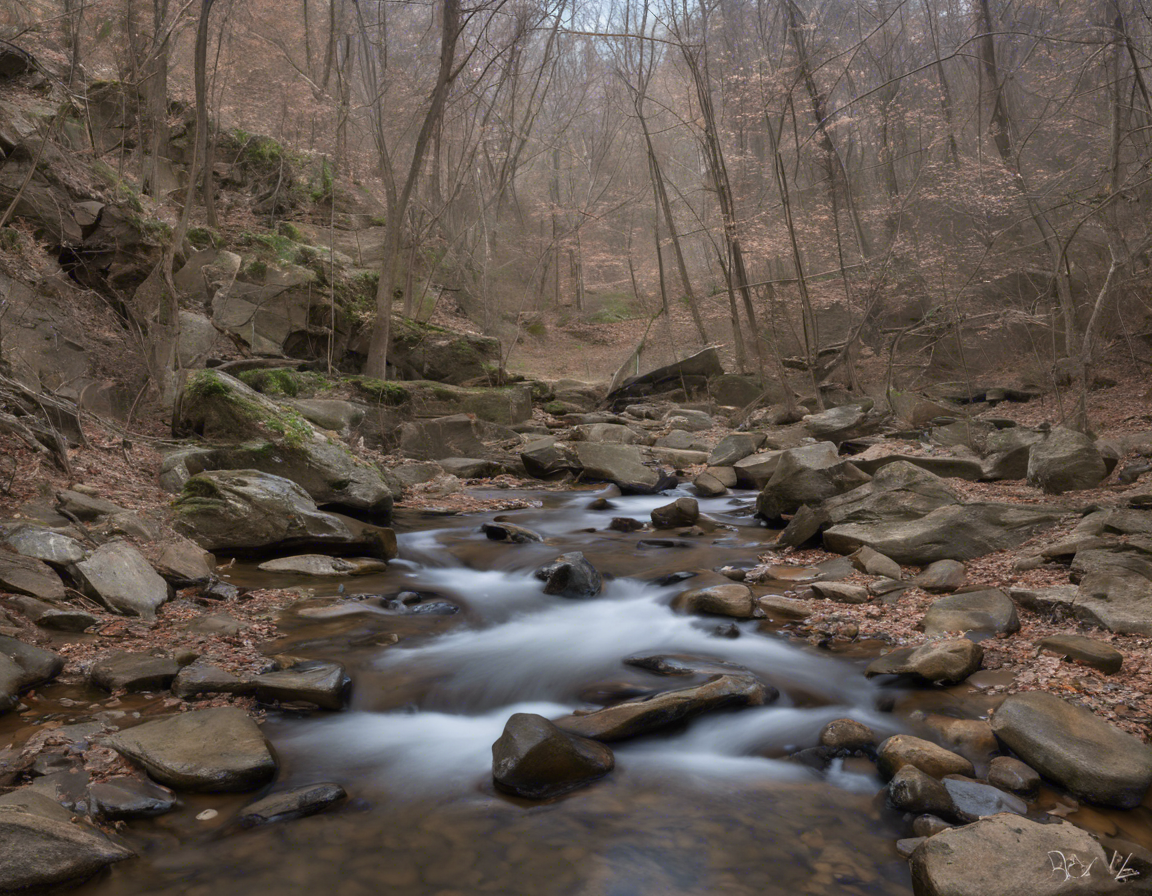Introduction
Rock Creek is a natural oasis nestled within the bustling urban landscape of Washington, D.C. This serene and picturesque creek meanders for 9 miles through the city, offering residents and visitors a tranquil escape from the hectic pace of city life. Over the years, Rock Creek has emerged as a beloved natural gem, attracting outdoor enthusiasts, history buffs, and nature lovers alike. In this comprehensive guide, we will delve into the rich history, recreational opportunities, ecological significance, and conservation efforts surrounding Rock Creek.
History of Rock Creek
Rock Creek holds a significant place in American history, dating back to the colonial era. The creek served as a vital water source for Native American tribes and early settlers. In the 19th century, Rock Creek became a popular recreational destination, with the establishment of Rock Creek Park in 1890. Designed by Frederick Law Olmsted, the renowned landscape architect behind Central Park, Rock Creek Park was one of the first of its kind in the nation.
Recreational Opportunities
Today, Rock Creek offers a myriad of recreational activities for visitors of all ages. Hiking and biking trails wind through the park, providing opportunities to explore the natural beauty of the area. The Rock Creek Park Trail is a popular route that follows the meandering path of the creek, offering scenic views and glimpses of wildlife along the way. Additionally, the park features picnic areas, playgrounds, and educational programs for families and children.
Ecological Significance
Rock Creek plays a crucial role in supporting biodiversity within an urban environment. The creek and its surrounding habitat provide a home for a variety of plant and animal species, including deer, foxes, and numerous bird species. The riparian zone along the creek serves as a vital corridor for wildlife migration and habitat connectivity. Efforts to protect and preserve these natural areas are essential for maintaining the ecological balance of the region.
Conservation Efforts
In recent years, various organizations and community groups have spearheaded conservation initiatives to protect Rock Creek and its surrounding watershed. These efforts focus on water quality monitoring, habitat restoration, and invasive species management. By engaging with local volunteers and stakeholders, conservationists aim to ensure the long-term health and resilience of Rock Creek for future generations to enjoy.
Frequently Asked Questions (FAQs)
- Is fishing allowed in Rock Creek?
-
Yes, fishing is permitted in Rock Creek for those with a valid D.C. fishing license. Common fish species found in the creek include bass, catfish, and trout.
-
Are dogs allowed in Rock Creek Park?
-
Yes, leashed dogs are welcome in most areas of Rock Creek Park. Visitors are reminded to clean up after their pets and respect the park’s rules regarding pet safety.
-
How can I volunteer to help with conservation efforts at Rock Creek?
-
Various organizations, such as the Rock Creek Conservancy, offer volunteer opportunities for individuals interested in supporting conservation projects. Visit their website for more information on upcoming events and volunteer activities.
-
Are there guided tours available at Rock Creek Park?
-
Yes, the National Park Service offers guided tours and educational programs at Rock Creek Park. Check their website for a schedule of upcoming events and tours.
-
Can I rent bikes or kayaks near Rock Creek?
- Several rental companies in the area provide bicycles and kayaks for exploring Rock Creek and its surroundings. Be sure to inquire about rental rates and availability in advance.
Conclusion
Rock Creek stands as a vibrant natural oasis in the heart of Washington, D.C., offering a blend of history, recreation, and conservation. Whether you’re seeking a peaceful hike along its wooded trails, a moment of reflection by its babbling waters, or a chance to engage in environmental stewardship, Rock Creek has something to offer everyone. By celebrating and preserving this urban gem, we ensure that Rock Creek remains a cherished sanctuary for generations to come.





